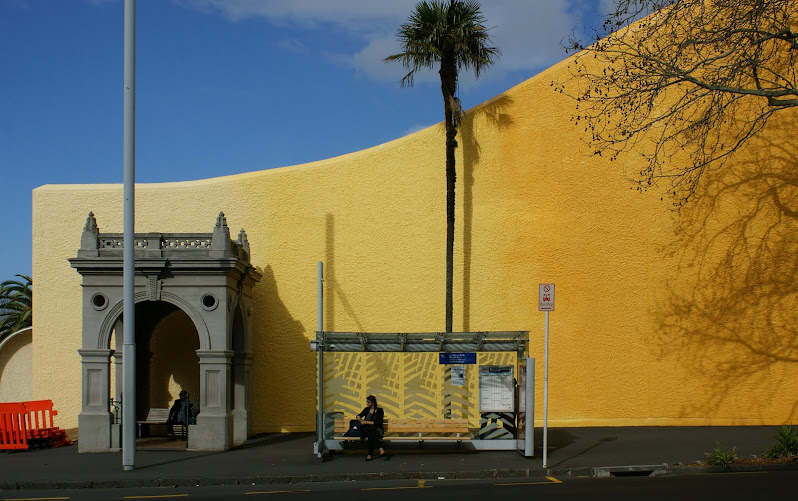 accident that killed eleven.
accident that killed eleven. I'd suggest many are also reeling from the crass article that masqueraded as journalism in the NZ Herald last Monday. While I struggled with its implications, well-respected media man Brian Edwards as usual hit it right on the head!
I've taken the liberty of reproducing his entire Monday 9th post because, quite frankly, I doubt anyone could put it together better!

Unseemly and unhelpful speculation from the Herald on balloonists’ last moments
It is entirely appropriate that every possible effort should be made over the coming months to determine what exactly led to the ballooning accident that claimed 11 lives on Saturday. That knowledge may make a similar accident less likely in the future.
Less appropriate is ghoulish speculation on the victims’ last moments alive – were they electrocuted, incinerated or killed when they plummeted to earth? The events are simply too raw for the relatives and friends of those who died to see such horrific scenarios canvassed in the media.
The Herald, however, had no such qualms, sending its reporter Amelia Wade off to interview a clinical psychologist, one Barry Kirker, on what might have been going through the minds of the eleven people as they faced certain death.
Mr Kirker of course doesn’t know the answer to that question. No one does. But he was willing to speculate at length not merely on what would have been going through the victims’ minds, but on how their friends and loved ones must be feeling as well.
Mr Kirker’s speculations, the Herald tells us, included the observation that “the scenario was similar to that of the 9/11 victims, and the terror attacks might have put the thought to jump in Chrisjan Jordaan’s and Alexis Still’s minds.
“A bit like the people who jumped from the Twin Towers in New York, they might have thought, ‘What the heck, we’ve got nothing to lose – if we don’t jump, we’re definitely going to die.’”
And he had another fascinating piece of psychological ephemera to offer:
“Mr Kirker said it would usually be the man who would take the lead in that situation and would suggest jumping from the basket to the woman.”
Mr Kirker doesn’t actually know who told whom to jump or indeed whether any “telling” was involved, but his theory will certainly give the couple’s parents pause for thought.
Having told us what the people in the balloon were (probably) thinking and feeling in the few seconds that ended their lives, the clinical psychologist had some helpful observations on what their relatives and friends were (probably) thinking and feeling:
The children who gave their parents a ride on the ill-fated balloon would be “consumed with feelings of guilt and regret despite others telling them it was not their fault.
“They would also be thinking that other family members would be blaming them for their parents’ deaths, even though that wouldn’t be true at all.” Mr Kirker doesn’t know that either and it’s quite an offensive suggestion about the mentality of those “other family members”. But what the heck!
I was really appalled by this story which the Herald headlined "Expert sees 9/11 link in decision to jump". “Expert” is not a word I normally associate with clinical psychology and Mr Kirker’s assertion that Chrisjan and Alexis, reflecting on 9/11, “might have decided much earlier that this was what they would do in case of an emergency” is fanciful at best. His speculations – “guesses” might be a more appropriate term – on what Diana and Howard Cox’s children would be thinking are crassly insensitive.
I’m willing to give Mr Kirker the benefit of the doubt and assume that he is inexperienced in dealing with the media and rather naively answered questions, and possibly suggestions, that were put to him by the reporter. “Do you see any similarity between this event and people jumping from the Twin Towers?” for example. He may be more cautious in future.
Thank you, Brian. NO thank you, NZ Herald.




No comments:
Post a Comment